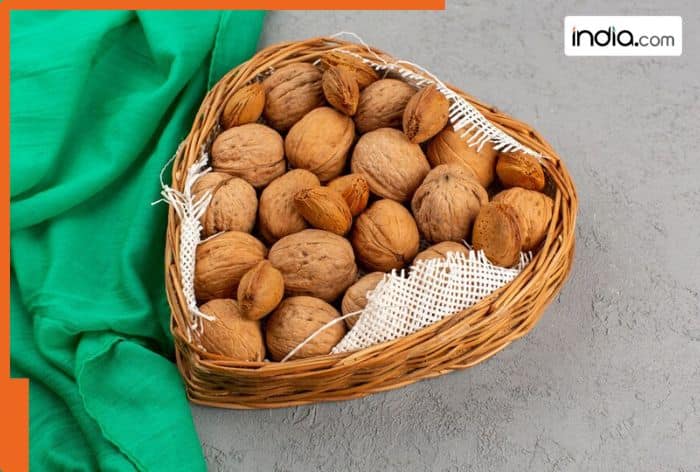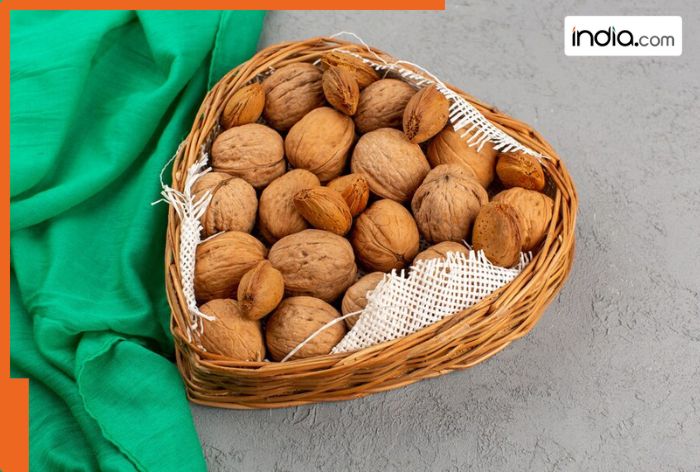Nuts and dry fruits are often soaked overnight before consumption. But is there a healthy way to eat it?

Walnuts are a winter special delight that serve health benefits on a platter. One looming questions pertains is about soaked or dry nuts. Which is healthy? Nuts are a powerhouse of nutrition, and walnuts, in particular, are renowned for their numerous health benefits. However, the method of preparation can influence their nutritional profile.
Health Benefits of Walnuts
Walnuts are rich in healthy fats, particularly omega-3 fatty acids, which are essential for heart health. They also contain protein, fiber, vitamins (such as vitamin E), and minerals (like magnesium and zinc). The unique combination of nutrients found in walnuts can support brain health, reduce inflammation, and improve heart function.
Dry Walnuts
Dry walnuts are the most common form in which these nuts are consumed. They are convenient, have a long shelf life, and retain most of their nutritional properties. However, some individuals may find dry walnuts harder to digest due to the presence of tannins and phytic acid, compounds that can inhibit nutrient absorption.
- Long shelf life and easy storage
- Retain most nutrients
- Convenient for snacking and cooking
- Can be harder to digest for some people
- May have reduced nutrient absorption due to phytic acid
Soaked Walnuts
Soaking walnuts involves immersing them in water for several hours, typically overnight. This process can enhance their digestibility and nutrient availability. Soaking reduces the levels of tannins and phytic acid, making it easier for your body to absorb the essential nutrients. Additionally, soaking activates enzymes that can aid digestion.
- Improved digestibility and nutrient absorption
- May enhance flavor and texture, making them creamier
- Activates beneficial enzymes
- Requires preparation time
- Shorter shelf life due to moisture content
Soaked Walnuts vs Dry Walnuts
The choice between soaked and dry walnuts largely depends on individual preferences and digestive health. For those who experience bloating or discomfort after eating dry walnuts, soaking them can be a beneficial alternative. Soaked walnuts may be particularly advantageous for individuals with sensitive digestive systems or those looking to maximize nutrient absorption.
Conversely, if convenience is a priority, dry walnuts are perfectly healthy and still provide significant health benefits. They are great for on-the-go snacking or adding to dishes without the need for preparation.
Both soaked and dry walnuts offer unique health benefits. Soaked walnuts may enhance digestibility and nutrient absorption, making them a great option for those sensitive to tannins and phytic acid. On the other hand, dry walnuts provide convenience and a longer shelf life, making them a practical choice for everyday consumption.
Ultimately, incorporating both forms into your diet can help you enjoy the full spectrum of health benefits that walnuts provide. Whether you prefer them soaked or dry, walnuts are a nutritious addition to a balanced diet.

